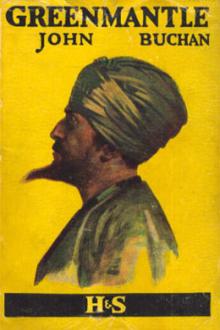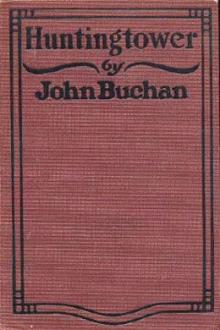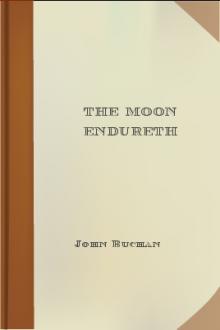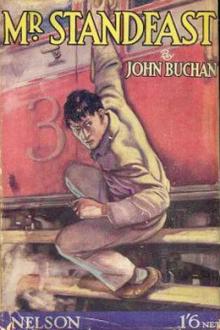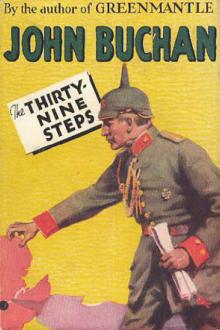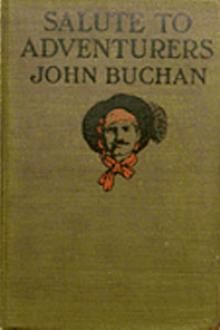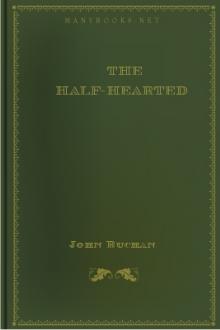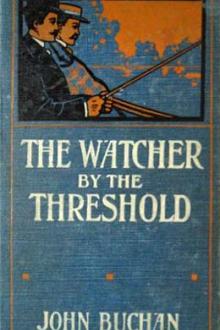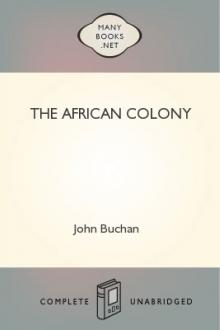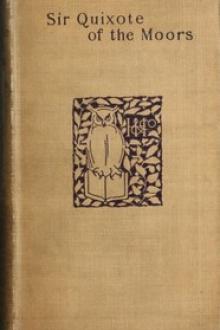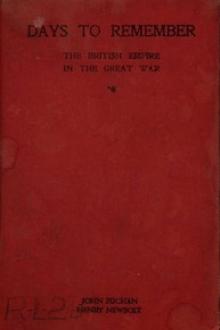The Path of the King
Book Excerpt
One night Leif the Outborn watched him at his game. Sometimes the man was permitted to sleep there when he had been making sport for the housecarles.
"Behold an image of life!" he had said in his queer outland speech. "We pass from darkness to darkness with but an instant of light between. You are born for high deeds, princeling. Many would venture from the dark to the light, but it takes a stout breast to voyage into the farther dark."
And Biorn's small heart swelled, for he detected praise, though he did not know what Leif meant.
In the long winter the sun never topped Sunfell, and when the gales blew and the snow drifted there were lights in the hall the day long. In Biorn's first recollection the winters were spent by his mother's side, while she and her maids spun the wool of the last clipping. She was a fair woman out of the Western Isles, all brown and
Editor's choice
(view all)Popular books in Fiction and Literature, History, War
Readers reviews
The Path of the King offers a tapestry of historical episodes, from the Vikings through centuries of Norman and French, Flemish, English, Scottish and American social, economic and political life. Famous events such as the massacre of St Bartholomew's Eve, the adventures of Daniel Boone and much else provide the backcloth for the men and women who successively have, however diluted, the blood of kingliness in them (we might now say they had the right genes). The subtly-linked individual stories are used to suggest that kingliness may be dormant or fitful over several generations, but will finally reappear in someone, like Lincoln.
All the leading characters are presented as descended from a young Viking prince whose death among the Franks as a defeated Northman is implied in the first episode. That princeling's golden torque is the symbol of his royal status, but we find it remodelled as a ring, ultimately resurfacing in America only to be lost by young Abe Lincoln when he uses it to catch a fish in a 'crick' (creek or stream). But its loss is of no account, for when kingliness in fact reappears in Lincoln the man there is no need for it.
The fascination of this unusual book grows on the reader gradually. Little clues should be looked for constantly, in order to grasp the consistency of the tale. And the choice of Lincoln, very much the offspring of ordinary folks, proclaims for those with eyes to see that kingliness is not dependent on outward trappings but on inward riches. 'Though nature is wasteful of material things, there is no waste of spirit, as the Prologue suggests.
J C G Greig
www.johnbuchansociety.co.uk
- Upvote (0)
- Downvote (0)
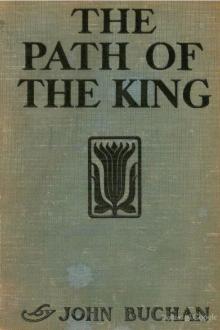
 Free Download
Free Download






















